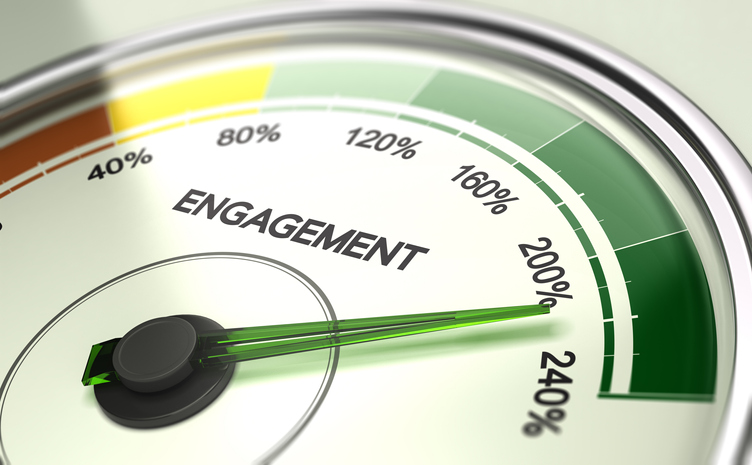When you have post-traumatic stress disorder (PTSD), you may try to deal with symptoms in ways that cause more harm than good. This is called negative coping. Learn how quick fixes may make your PTSD symptoms worse in the long run or create new problems.
What are examples of negative coping to avoid?
Substance Abuse
Taking a lot of drugs or alcohol to feel better is called substance abuse. You may try to use drugs or alcohol to escape your problems, help you sleep or make your symptoms go away.
Substance abuse can cause serious problems. Drinking or using drugs can put your relationships, your job and your health at risk. You may become more likely to be mean or violent. When under the influence of alcohol or drugs, people often make bad decisions.
Avoiding Others
Certain social situations may cause you stress, make you angry or remind you of bad memories. Because of this, you may try to avoid doing things with other people. You may even avoid your friends and family.
Avoiding others can make you feel isolated. Isolation is when you tend to be alone a lot, rather than spending time around other people. Yet social support is critical to healthy coping.
When you distance yourself from others, your problems may seem to build up. You may have more negative thoughts and feelings, like sadness and fear. You may feel like you’re facing life all alone.
Reach out to those in your support circle, even if you don’t feel like it. You’re not alone.
Staying Always on Guard
After going through a trauma, it may seem reasonable to try to stay extra alert. You may be on the lookout for danger at all times. However, this way of coping doesn’t work. You end up feeling stressed, fearful and worn out.
Avoiding Reminders of the Trauma
Trying to avoid bad memories or trying to shut out feelings may seem reasonable. However, they don’t work, because trauma controls your life if you run from it. If you avoid thinking about the trauma or if you avoid seeking help, you may keep distress at bay for a time, but at a cost. This behaviour also prevents you from making progress in how you cope with trauma and its consequences.
Anger and Violent Behaviour
You may feel a lot of anger at times. Your anger may cause you to lose your temper and do reckless things. You may distance yourself from people who want to help.
This is understandable. It’s natural to feel angry after going through something traumatic. However, anger and violent behaviour can cause problems in your life and make it harder for you to recover.
Dangerous Behaviour
You also may cope by doing things that are risky or dangerous. For example, you may drive too fast or be quick to start a fight when someone upsets you. You may end up hurting yourself or someone else.
Certain ways of dealing with stress can be dangerous. If you start smoking or smoke more, you put your health in danger. Eating to relieve stress also can be dangerous if you gain too much weight.
Working Too Much
Work is a good thing. You learn new things, interact with others and gain confidence. However, working too much can be a form of avoidance. You may be working to avoid memories or to help yourself forget about the trauma. This is negative because of these reasons:
- You may not seek help for your PTSD.
- You’re not spending time with your family and friends. Being with them and getting their support may help you recover and deal better with PTSD.
- You may work so much that you get little sleep and don’t eat right. This can hurt your health, so you’re more likely to get sick.
What are more positive ways to cope?
Learning how to cope with PTSD is part of your recovery. Positive ways to cope with traumatic stress include talking with others, relaxation methods, counselling or other positive lifestyle changes.



































